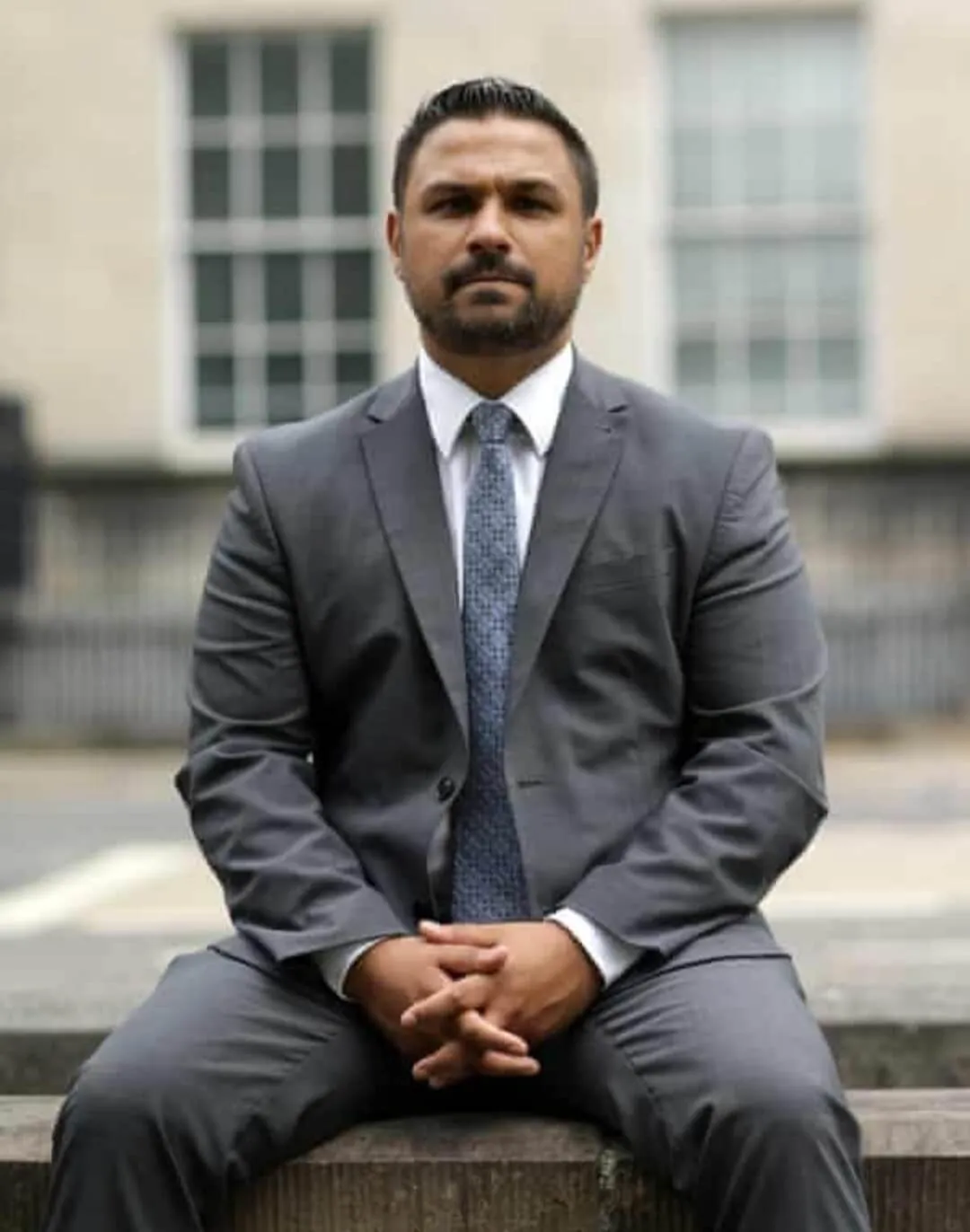
I joined the Royal Ulster Constabulary GC (RUC GC) in Northern Ireland in 1999, in what was a time of great hope that our period of sustained violence known as “The Troubles” was ending and a new more peaceful Northern Ireland was emerging.
When I joined the RUC GC, there were around 13,500 officers backed up by 7000 military personnel. There were static checkpoints as you travelled into most towns as well as random checkpoints across the country. We had some of the most intrusive police powers in the UK but despite this increased security footprint the violence had continued until all parties in the conflict sat down and spoke to each other. Once the concerns of all sides were identified, measures were put in place to deal with those issues and although there is still some work to do, Northern Ireland is a different place because of the willingness to listen and respond.
We now operate with just under 7000 officers and have scrutiny from the community built into our systems at a strategic, tactical and operational level through the NI Policing Board and their local Police and Community Safety Partnerships. This has allowed communities to voice their concerns around how policing is delivered locally and gives the police time to explain or alter their operating models to meet demand.
What I learnt from policing in Northern Ireland is that we cannot enforce our way out of serious violence, and not being legitimate in all communities prevents policing being as effective as it could be. Enforcement needs to be one part of a wider series of measures that seeks to tackle the root causes of crime. These root causes include links to deprivation, lack of opportunities for young people and inequality. They also include trust and confidence in policing and the ability to build relationships between officers and young people through targeted community engagement, which provides a counter narrative to what may be shown in the media.
Knife crime is often linked to organised crime gangs which tarnishes entire communities with the actions of a few. Organised crime gangs thrive in a vacuum of law and order, and it serves their interests to prevent police officers operating effectively in communities. That allows them to coerce vulnerable people into doing their work and prevents the public from passing on information to the police service on who is causing the most harm in the community.
Community engagement needs to be seen through the lens of crime prevention, and good relationships with communities provide vital community intelligence which police really need to prevent crime, and apprehend offenders. Collaborating with partners in the voluntary sector, such as the Rio Ferdinand Foundation, can create a pathway to building long lasting trust that inspires young people and diverts them away from the organised crime gangs that seek to exploit them.
The National Black Police Association is determined to work with police services to understand all communities better, and ensure policing is seen as a service dedicated to protecting vulnerable sections of the community from harm.
We hope a targeted engagement plan that recognises the difference in the communities that we police will be created soon, as we know tensions are high and the public needs us to listen and respond more now than ever.
Inspector Andrew George
President
The National Black Police Association
